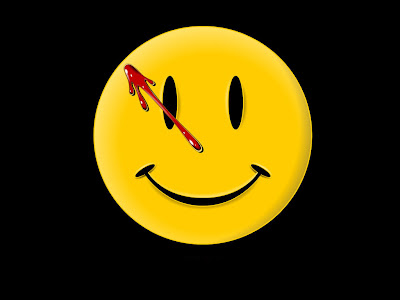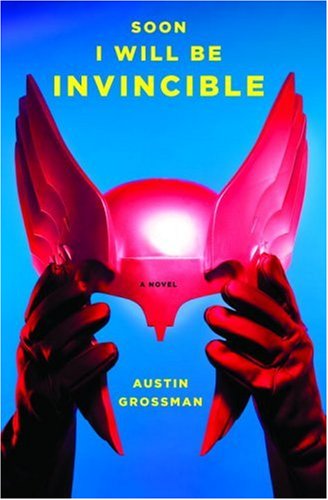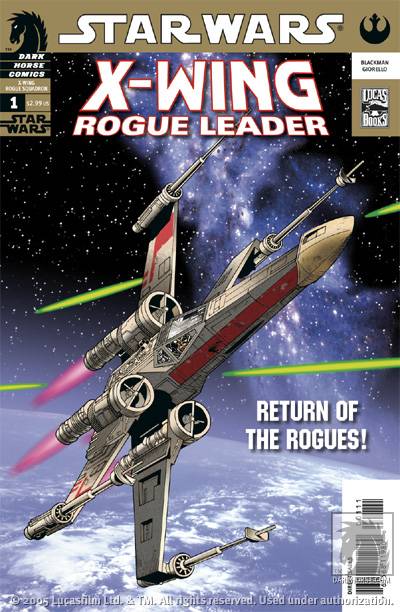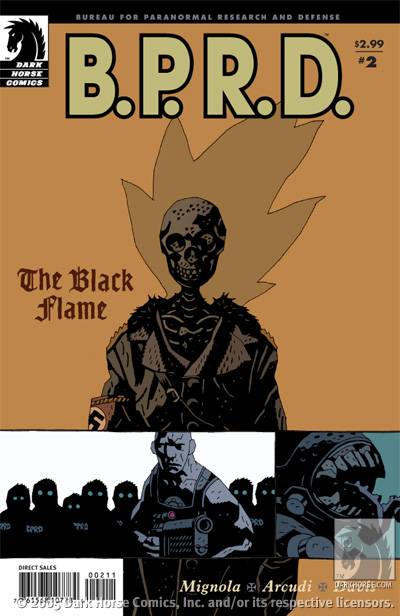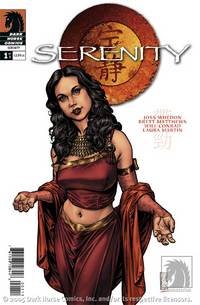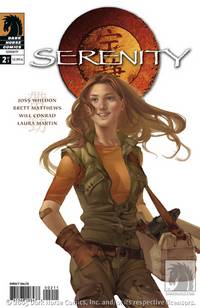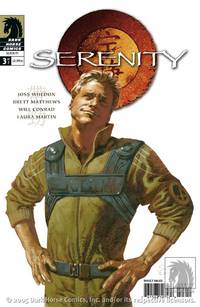Review: Iron Man 2
/
Iron Man, when it was released in 2008, was a fantastic example of science fiction taking examples from real life and twisting them around a bit. The first film nicely pulled themes of America’s military influence in the world, and updated it for the modern world , providing a set of themes that really felt relevant to a modern audience. The first film did this in a fairly neat and concise manner. The sequel, on the other hand, falls prey to what seems to be the siren's call of all comic book movies: more action, more villains, more, more and more. Iron Man 2 is by no means a bad film, however. Like the first one, it remains a pretty funny, action packed, amusing film, one that sits well with the first film, and it's easily better than some of the other sequels out there, like Spiderman 3, Fantastic Four: Rise of the Silver Surfer and X-Men 3. Despite the additional characters, storylines and setup for future films, the movie handles itself well.
Taking off from where the first film left off, Tony Stark is a celebrity, America's big superhero, who commands adoring crowds of people and blows off senators on committees, all the while becoming the protector of the United States. From early on, it's clear that there's a lot that Stark is combating: Senator Stern (what better name for a senator?), who wants the Iron Man suit under the control of the U.S. military, Justin Hammer, a major defense contractor who also wants the suit, Ivan Vankov, who wants revenge upon the Stark family after the death of his father, and Nick Fury, who wants Iron Man to help out with the Avengers. Stark is also facing a serious case of poisoning from the arc reactor that he built in the first film, leading to what looks like an inevitable death, and accordingly, starts to act recklessly: he takes control of his own race car, gets drunk at parties, and generally undermines his own credibility as America's shield and sword. And that's just the first half of the film.
At the midway point, Stark kicks into action. Rhodes makes off with one of his suits and turns it over to the military, who begins working on it for their own uses. Vankov attacks Stark during an F-1 race, and when he's presumably killed in prison, he is whisked away to Justin Hammer's facilities to begin working on suits for Hammer and the military. Stark finds the solution to his poisoning, makes a new suit and discovers some of the truth behind Vankov and his vendetta, all the while discovering that his new assistant (Pepper Potts is now the CEO of Stark Enterprises), is a member of S.H.I.E.L.D.
The plot is certainly action packed, and there's nary a dull moment in the film. Like the first, there's a lot of humor throughout the action, with Robert Downey Jr. slipping right back into the Stark role, and Sam Rockwell absolutely stealing the show as Justin Hammer. Mickey Rorke likewise does a fun job with Ivan Vankov, and a number of supporting characters really do shine throughout. Scarlett Johansen as Black Widow / Natalie Rushman is the only real weak point, but honestly, I'd love to see a Black Widow film after watching her here.
The main issue that I have with the film is this lack of commitment to any one theme, which stems back to what was probably producer requirements: more action, more villains, more characters, and bigger action, and bigger villains. Other films, like the ones mentioned above had dealt with the same sorts of things, and come off badly. Iron Man 2, while it handles them well, doesn't rise to the same level of entertainment as the first film did.
First and foremost, the film is split between stories - numerous subplots reference what has long been seen in the comics: the extremis storyline is touched on, as is the Demon In a Bottle, but in both instances, they're just minor storylines, ones that could really stand to be fleshed out for their own film. In this instance, Extremis leads to the Demon, which worked really well, but there could have been quite a bit more that would have made the film stronger. Where Iron Man 1 was largely a film about warfare and the industrial military complex, Iron Man 2 is much more of a personal story around Stark, one that is diluted quite a bit.
Additionally, where Iron Man 1 really looked to the war in Afghanistan for a good place to lay down its story, this sequel largely looks to some more modern elements: the military industrial complex at home, and some of the reactions to Stark's coming out at Iron Man. What's interesting is that some similar Cold War themes have been applied to the present day - not necessarily unexpected with a new sort of technology. There's something of a robotic arms race going on amongst numerous militaries of the world right now - with an arms race of military power suits in Iran and North Korea. This element nails things right on the head, but likewise, doesn't really gain traction, but merely remains an underlying plot element, rather than something that could have been fleshed out quite a bit more. In either case, with the personal or military storylines, these would have really made the sequel just as good as the first film.
That being said, there's nothing wrong with what is in Iron Man 2. There's a fairly good balance between the two in the first half of the movie, before rather abruptly cutting to the second half where everything gets into gear and moves towards the finale. Vankov, now under Hammer’s wing, turns to making drones, and with the capture of one of Stark’s suits, another version is created, and unveiled at the Stark Expo, where the Russian takes control and attempts to kill his enemy. The last hour of the film is quite a lot of fun, with action and humor to that brought me to edge of my seat before ending fairly abruptly. Coupled with the other storylines, the film largely feels incomplete, like there are some chunks of filler material that would have helped with this a bit, and will no doubt make the DVD an essential purchase for anyone who really liked the film.
One of the film’s strong points is not only how it balances these elements, but also how it sets up, rather nicely, four additional movies: The Avengers, first and foremost, but also Captain America, Thor and eventually, Iron Man 3. Most films have quite a bit of work with just a single thing, but as Avengers comes closer (now with Joss Whedon at the helm!), individual stories are coming together nicely, and like the comic books, the crossover makes for an interesting move when it comes to franchised films and their audiences. It’ll mean a good investment for Marvel studios (who raked in quite a bit of cash with Iron Man 2 already) but also allows for a good way to tell a larger story over several larger films. Already, I’m interested in what will come of the upcoming Captain America and Thor films, which have recently seen a lot of casting news.
At the end of the day, the film medium, like any form of entertainment, is intended to entertain, and Iron Man 2 certainly met with that standard from early in the film. The first film really didn’t take itself seriously throughout most of the film, and the story fell into place, making it one of the stronger films that’s come out of the Marvel universe lately. Iron Man 2 builds on what really worked for the first, but lags behind just a bit. But, as the bullets and guys in armor start flying around, it’s what everyone intended: a fun, exciting film.







